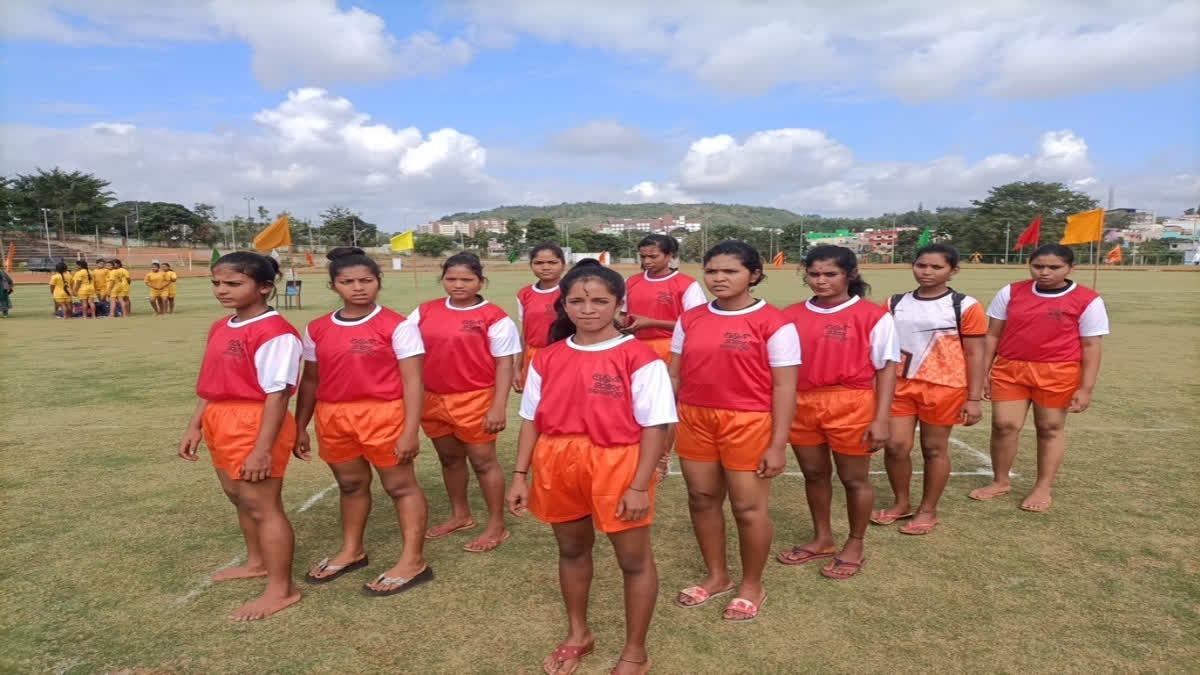Koraput: Sixteen-year-old Pakhini Durua, a spirited young girl from the Gupteswar panchayat in Boipariguda block of Koraput district, has now got wings to her dreams. Growing up in a modest household, Pakhini harbored a passion for sports. But her dreams of excelling in athletics were often curtailed by the absence of hostel facilities for non-tribal students and her family’s financial limitations.
In 2023, after over 75 years of relentless effort, when the central government finally granted them tribal status in a landmark decision, it opened new doors of opportunity, especially for the community’s youth, who now dream of a brighter future. For decades, the Durua tribe of Odisha’s Koraput district struggled for recognition. Denied the privileges that come with being classified as a Scheduled Tribe, they faced systemic discrimination despite their deep-rooted tribal traditions.
“When I participated in local tournaments, I always imagined myself playing on bigger stages. But without proper facilities, it felt impossible,” Pakhini shared. With tribal status now in place, she can access government-sponsored hostels, sports academies, and even reservation benefits in employment. “This recognition has given me hope to pursue my passion and support my family someday,” she added with a radiant smile.
The optimism among Durua children is palpable. At the recent district-level Kabaddi competition during the National Tribal Festival Parab in Koraput, Durua girls like Pakhini, Rukmani, Rupani, and Manjula stole the spotlight. Their spirited performances reflected not only athletic talent but also the newfound confidence brought by tribal recognition.
A History of Struggle
The Durua tribe, known for its vibrant cultural heritage and traditions, has long alleged neglect. Despite living a tribal lifestyle and speaking a distinct dialect, the community was excluded from Scheduled Tribe lists, unlike their counterparts across the river in Chhattisgarh.
For generations, Durua families relied on forest produce and weekly markets for sustenance. Their intricate dances and melodious folk songs captivated audiences, yet they remained invisible to policymakers. The lack of recognition not only deprived them of reservations in education and employment but also left their children without access to tribal hostels, scholarships, and sports facilities.
“This decision is a lifeline for the community,” said Kulamani Jena, headmaster of Siribeda High School, who has championed education for Durua children. “For the first time, these children can dream of government jobs, higher education, and competitive sports opportunities. The change is monumental.”
A New Dawn
